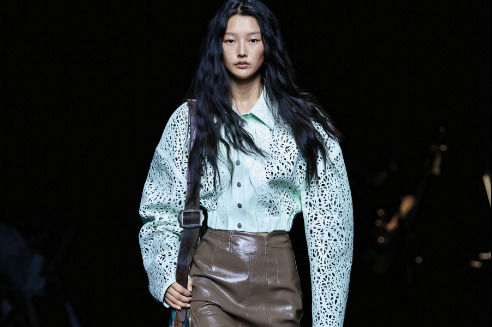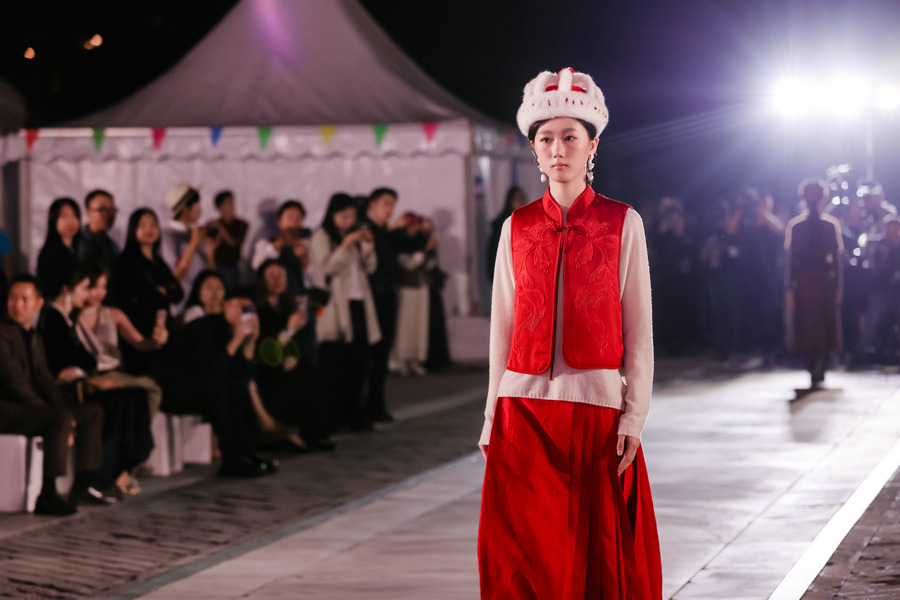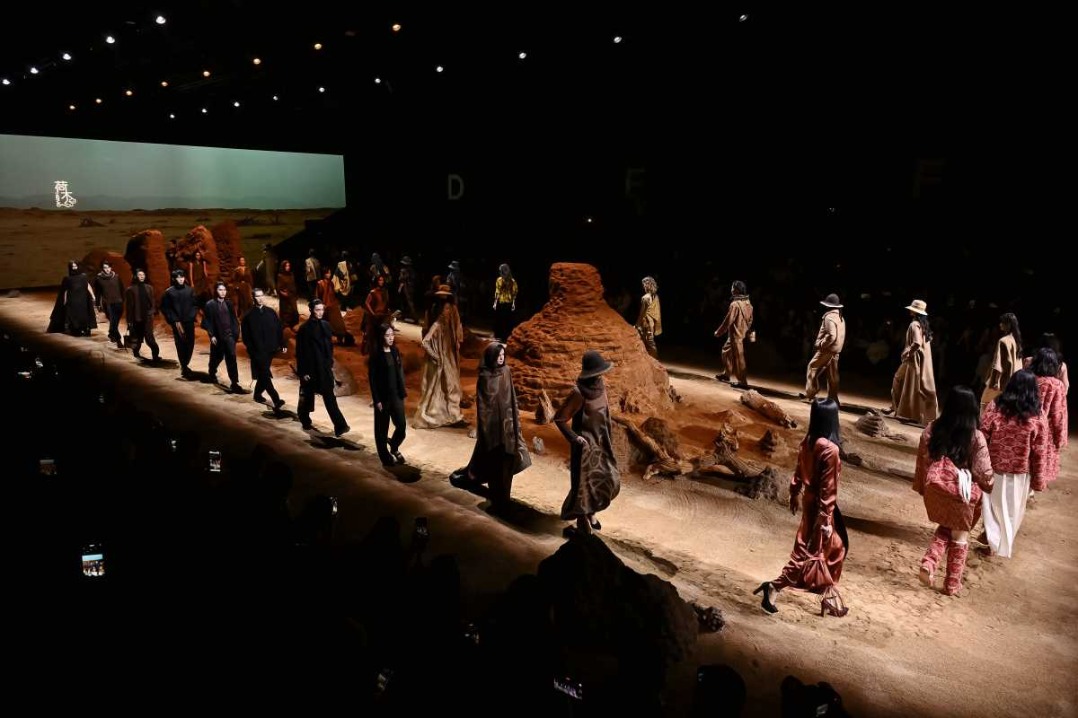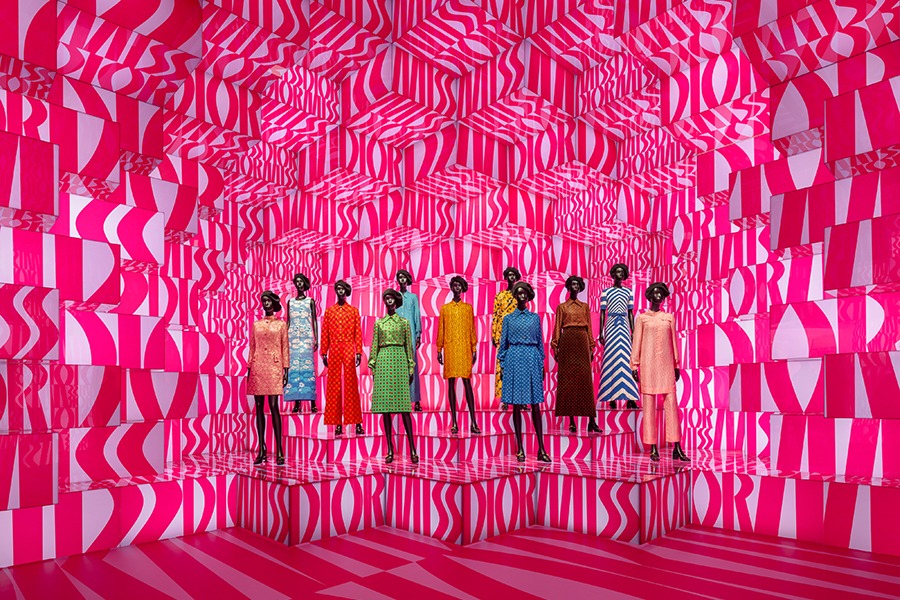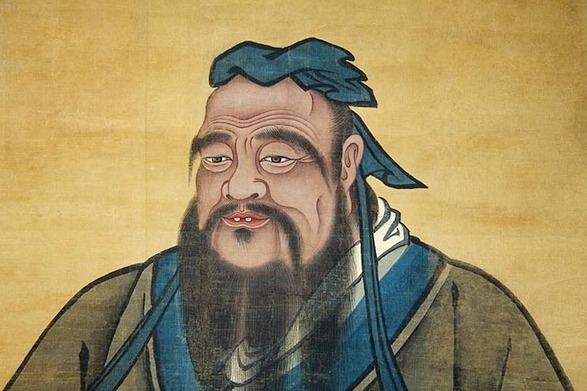A green revolution in urban living
Young urbanites in China are embracing sustainable living through rooftop gardens and community efforts, blending eco-consciousness with everyday life.

Going further
Yang Ran, 38, applies the principles of sustainability not only in his daily life but also at the core of his business.
Over the years, he has seen many eco-conscious startups creating products that, while environmentally friendly, are unnecessary. "They're designed with sustainability in mind, but consumers don't really need them," he said. "This often leads to poor sales and the failure of their original vision."
Now, his team focuses on business consulting, helping companies make strategic ESG (environmental, social, governance) decisions. They especially prefer working with brands led by socially and environmentally conscious founders.
Yang shared an example of a food store that used only organic ingredients and furnished its space with repurposed community furniture. "Mindful business choices may go unnoticed by consumers, but they reduce costs and benefit the environment," he said.
Cara has been pursuing a similar path. In 2021, she founded SeeD, a sustainable living brand that offers eco-friendly products to consumers and green development solutions to businesses.
For the 2023 International Day for Biological Diversity on May 22, Cara organized a special exhibition showcasing various native tomato varieties, many grown in her own garden. "Biodiversity starts on our dining tables," she said. "Many native varieties are disappearing because they're not ideal for commercial farming or transport."
The exhibition attracted more than 20,000 visitors, who sampled tomatoes while exploring the connection between humans and nature.
"Taking care of the environment isn't about saving Earth," Cara said. "Earth doesn't need saving — it will continue on its own. What we need to save is ourselves."

















